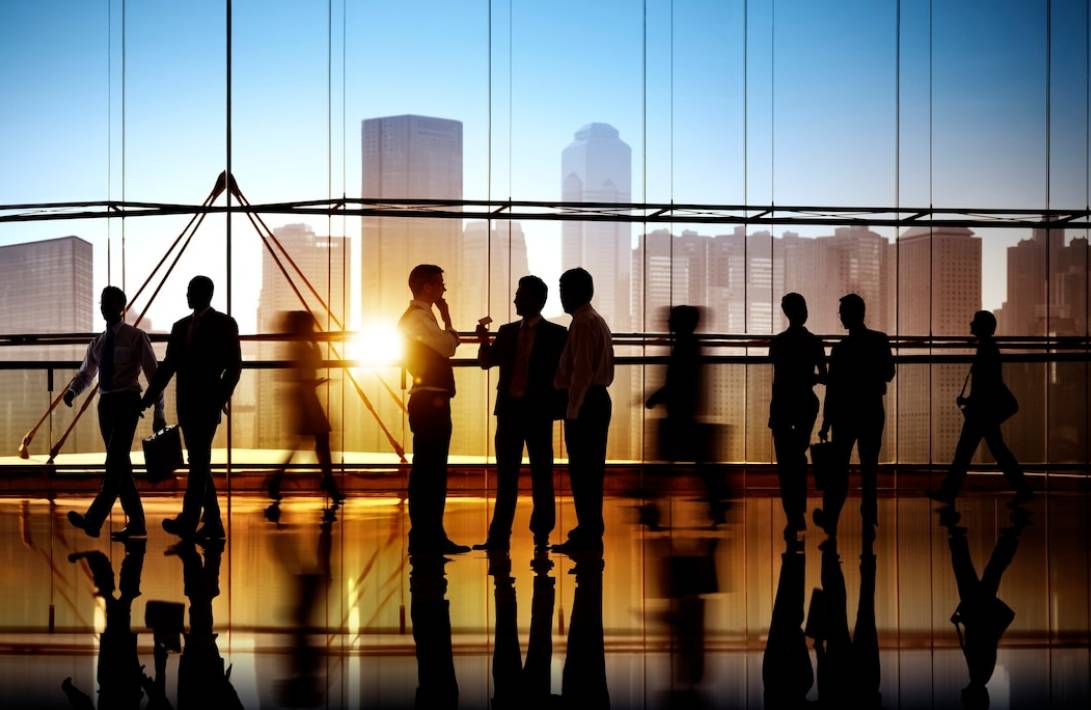Since the pandemic began, businesses have had to make a lot of changes in order to stay afloat. Many companies have had to lay off employees, and others have had to close their doors entirely. While things are slowly starting to get back to normal, the pandemic has left its mark on the business world. In this blog post, we will take a quick look at how the pandemic has changed businesses and what we can expect in the future. We will also discuss some of the changes that businesses have made in order to survive. So, without further ado, let’s get started.
What Happened To Small And Medium Sized Businesses?
The pandemic has been tough on small and medium sized businesses. According to a recent study, up to 60% of small businesses could be forced to close their doors within the next six months. This is a scary statistic, and it’s one that we should all be aware of. The pandemic has forced many businesses to change the way they operate, and some have not been able to keep up. Also, according to small and medium sized businesses statistics in 2022 more businesses are steadily recovering from the impact of the COVID-19 pandemic, but the growth has been affected by several other factors. This refers to the uncertainty in the business world and how customers are still not ready to return back to their spending habits before the pandemic. For example, many people are still working from home and do not need to buy new clothes for work, go out to eat as much, or travel for business.
Auto Industry – Down, But Not Out
The pandemic has had a major impact on the auto industry. Car sales have plummeted, and many dealerships have been forced to close their doors. However, the industry is starting to rebound. Incentives and low interest rates are helping to spur demand, and people are slowly but surely starting to feel comfortable buying new cars again. The pandemic has changed the way we think about transportation, and it’s likely that the auto industry will never be the same.
Retail Industry – The Show Must Go On
The retail sector has suffered greatly as a result of the pandemic. The stores that are still open are struggling to survive after many of them permanently shut their doors. More people than ever now prefer to shop online, and it’s likely that this trend will last. It’s likely that retail will never be exactly the same because of how the pandemic has made us reevaluate how we shop.
Restaurant Industry – Innovation Still On The Menu
The restaurant industry has been one of the hardest hit by the pandemic. With indoor dining banned in many states and people working from home, there has been a massive decline in foot traffic for eateries.
However, this decline has not stopped restaurants from innovating. Many have pivoted to outdoor seating, curbside pickup, and delivery in order to stay afloat. Some restaurants have even gotten creative with their menus, offering family-style meals or heat-and-eat meal kits.
It’s clear that the pandemic has changed the restaurant industry forever. But as long as there are people who love good food, restaurants will continue to find new ways to serve them.
Insurance Industry – Merger Partners At A Premium
The pandemic has also had a major impact on the insurance industry. One of the most notable changes has been the consolidation of insurers. In response to the economic downturn, many insurers have looked for merger partners in order to reduce costs and increase efficiencies.
This consolidation is likely to continue in the coming years, as smaller insurers struggle to compete in an increasingly competitive marketplace. The pandemic has also accelerated the trend of insurers moving away from traditional products and towards new types of coverage, such as pandemic insurance.
It’s clear that the insurance industry is undergoing a major transformation. And while it’s still early days, it’s clear that the pandemic will have a lasting impact on the way insurers do business.
Education – Learning To Adapt
The pandemic has forced educators to get creative in how they teach. Many schools have switched to online learning, which has its challenges. For example, some students don’t have access to the internet or a computer at home. Others struggle to stay motivated when they’re not in a traditional classroom setting. And then there are the challenges that come with managing a class full of students who are all in different time zones.
But educators have been quick to adapt, and many are now using innovative technologies to deliver instruction. Some schools are even using virtual reality to give students an immersive learning experience.
The Future Of Businesses
The pandemic has forced businesses to change the way they operate. Some of these changes are likely to be permanent, while others may be temporary. Here is a quick look at some of the ways businesses have changed due to the pandemic:
There is a greater focus on health and safety. Businesses have had to put in place new health and safety measures to protect their employees and customers. This includes things like social distancing, wearing masks, and regular cleaning and sanitizing.
There is a move towards digitalization. Businesses are increasingly moving away from traditional methods of operation and towards digital ones. This includes things like online ordering, contactless payment, and remote working.
There is more flexibility when it comes to working hours and locations. Due to the pandemic, many businesses have had to allow their employees to work from home. This has led to a more flexible approach to working hours and locations.
Overall, the pandemic has changed businesses in a number of ways. Some of these changes are likely to be permanent, while others may be temporary. Some people argue that the changes brought about by the pandemic are positive and that businesses should continue to operate in this way even after the pandemic is over. Others argue that the changes are negative and that businesses should return to their traditional methods of operation once the pandemic is over. Whatever your opinion, one thing is for sure – the pandemic has changed business forever.











